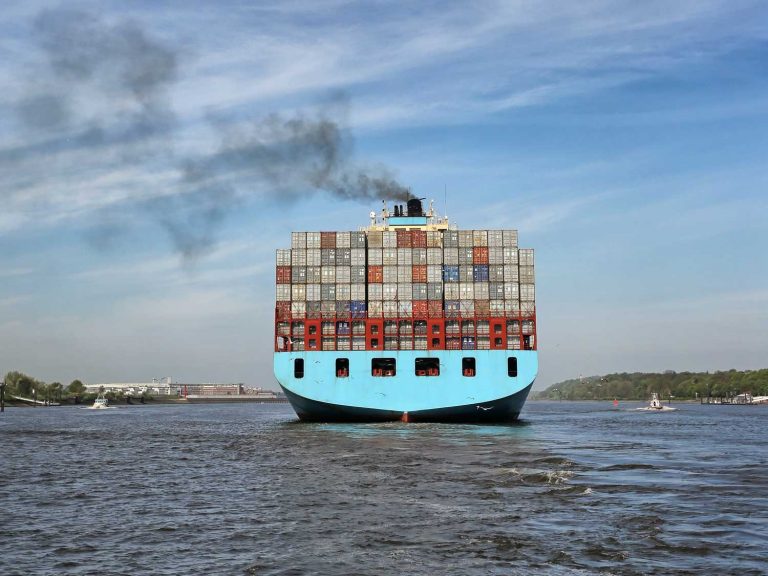
Date:
Maersk ‘blanking’ Felixstowe until March from/to Asia
Delays in receiving and turning vessels around, apparently due to continuing land-side operational disruptions, has prompted 2M partners Maersk and MSC to extend Felixstowe’s omission from the AE7/Condor loop until next March.
The world’s largest container shipping alliance, 2M, has announced the removal of the Port of Felixstowe from its AE7/Condor service’s rotation until March 2022, but some influential industry voices wonder if the nine premier shipping lines are treating the UK differently to their north and south European calling points, because they intend to cut the UK from direct calls.
The alliance, which comprises Maersk and MSC, said it is implementing the measure to improve the schedule reliability on its Far East Asia to North Europe network, in light of ongoing network issues and as a result of exceptional waiting times in the port.
“The current supply-chain bottlenecks in the United Kingdom continues to challenge our service reliability,” stated Maersk in an announcement.
The announcements impact nine sailings departing from the Chinese port of Ningbo, that will omit Felixstowe, on departures between the 28th November 2021 and the 23rd January 2022.
Maersk said that until then, Felixstowe import containers would continue to be over-landed at Wilhelmshaven and relayed via a shuttle service.
It is our understanding that MSC’s UK boxes will be landed at Antwerp and forwarded by feeder vessel to Felixstowe.
With its impending Zeebruge merger, Antwerp will eclipse even Europe’s largest port, Rotterdam in volumes, as it positions itself to be the UK’s European gateway and another hub gateway for deep sea services.
Brexit has had a significant effect on ro-ro traffic on the island of Ireland, with demand for the UK/ROI land-bridge falling 20% on 2019, while direct ROI-EU traffic has grown from six to thirteen services.
The 2M AE7/Condor loop has also been omitting Hamburg on its North European voyage, but the German port was recently reinstated, after operational capacity “ improved significantly.
Maersk said it was facing “high yard density and multiple delays into virtually all main ports” in North Europe, but described Felixstowe as the “most critical” hub in its network, with vessel berthing delays in excess of three days making its ‘global red list’.
Industry press reports suggest that contacts at Felixstowe port are questioning whether the berthing delays are as bad as the carriers are indicating and that the problem is that vessels are turning up way off-schedule and then expect to be worked on arrival, with a huge exchange of containers. They are not prepared to wait their turn and, because we can’t give them any guarantees, they then skip future calls,” said an industry source.
The effectiveness of relay operations for UK cargo ex-Wilhelmshaven and Antwerp have also been questioned, with shipped onboard feeder information criticised as “sketchy at best”.
Furthermore, the news for north European importers in general from Maersk’s latest market outlook is that, at least until February’s Chinese New Year, there is unlikely to be any respite to delays to cargo arrivals across its Asia-North Europe network.
The carrier said it had suffered “accumulated delays” on its AE1, AE6 and AE55 loops and had, therefore, rolled the voyage numbers “to match the actual departure weeks and to improve schedule visibility”.
These schedule “slidings” are effectively enforced blankings by carriers, that further restrict capacity and drive high container spot rates in the market.
Global freight operations are transforming, as the intense and sustained pressure that supply chains have been subjected to, expose weaknesses and inefficiencies.
We will continue to use our market knowledge, extensive industry contacts and global network, to share the most important perceptions and developments, so that you have the insights required to make the most critical decisions.
We negotiate rate and volume agreements with carriers across all three alliances, which means we have the freedom to react to market conditions and changes.
Please contact Elliot Carlile or Grant Liddell to discuss your supply chain expectations and deadlines to ensure your business is ‘future proofed’ for the rest of 2021 and 2022.
